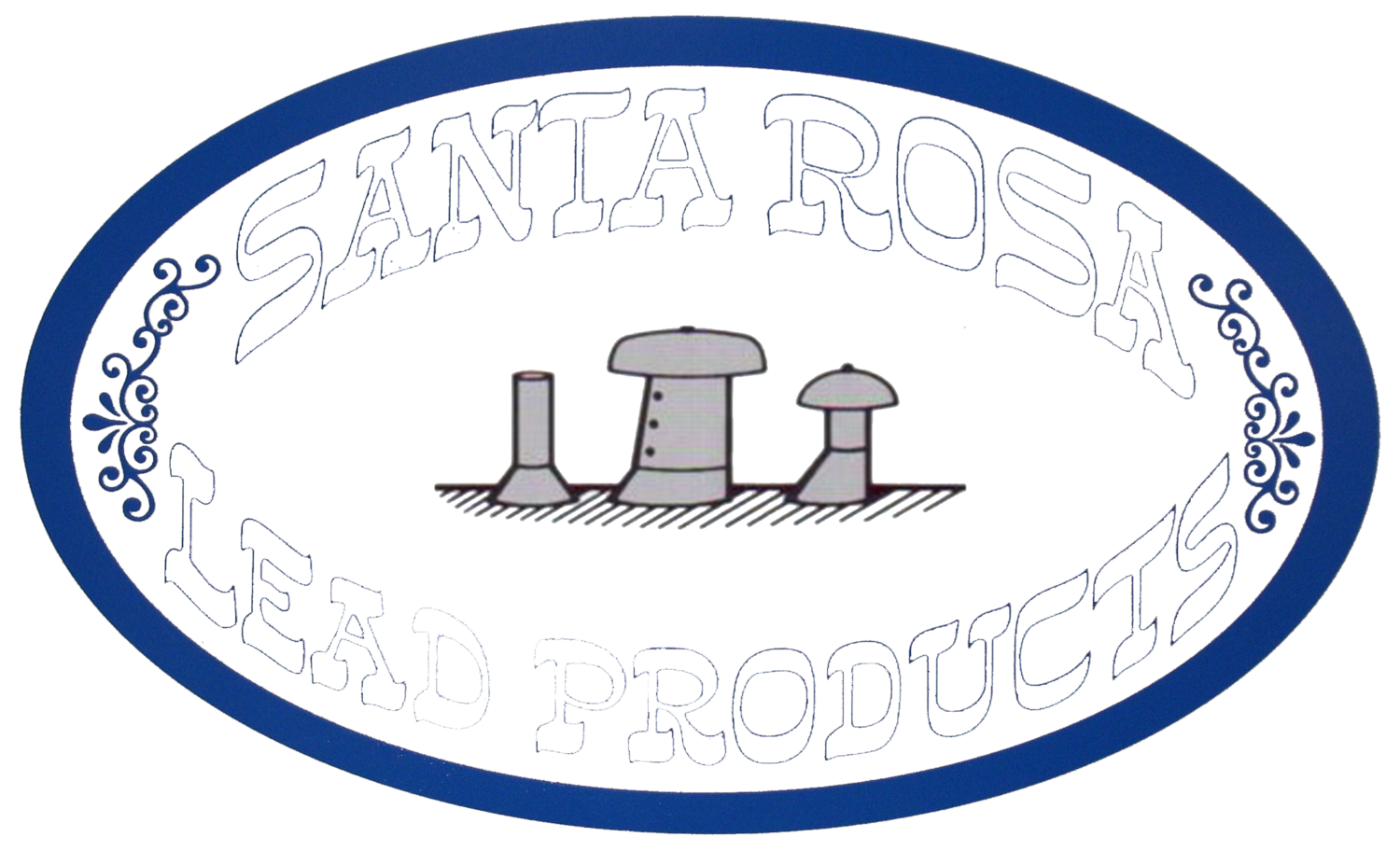Specialty Alloys of Lead
Antimonial Lead
Antimonial Lead is produced by introducing Antimony into lead. Metallic antimony is a brittle metal with a crystalline texture. Antimony is a harder metal than lead. When combined with lead, it forms an alloy this is harder and/or firmer. The percentage of antimony in the alloys is dependent on your application and/or specifications.
S.R.L.P Antimonial lead is available in sheet, extrusions, and in casting.
Britannia Alloys
Britannia alloys, which are sometimes used for organ pipes, engraving metals or caskets, are available from our Britt Mill. This special mill produces a special required ultra smooth surfaces/high finished materials which are necessary in some of these applications.
Pure Tin
S.R.L.P. can supply pure tin bars, ingots, pipe, powders, circles, sheets and wires in various sizes and diameters. Special tin alloys are also available. Certificate of Analysis furnished upon request. Please contact us with your specifications.
Bullet Alloys Pure Virgin Alloys Stock
2% Tin—6% Antimony—92% Lead
2% Tin—7% Antimony—91% Lead
20-1 Alloy—95% Lead—5% Tin
Babbitt Material
Available in 8# notch bars, packed in 50# cartons in the following types:
No. 4 Babbitt – A common hardware grade used for various non-critical, low speed applications
Universal Babbitt – Mainly for medium speed applications, such as unidirectional and moderate cyclic loads.
Genuine Babbitt – Virtually lead free. A high tin content Babbitt typically used for high speed and low-pressure applications.
Other special types and grades are available
ASTM B-23, QQ-T-390, and ASTM B560-79 Specifications.
